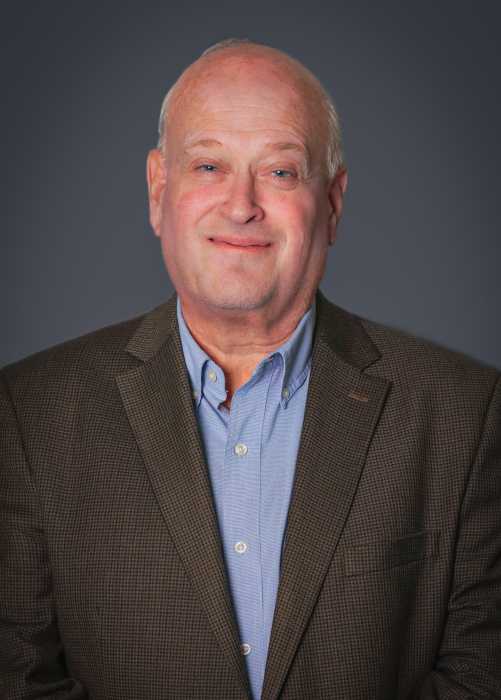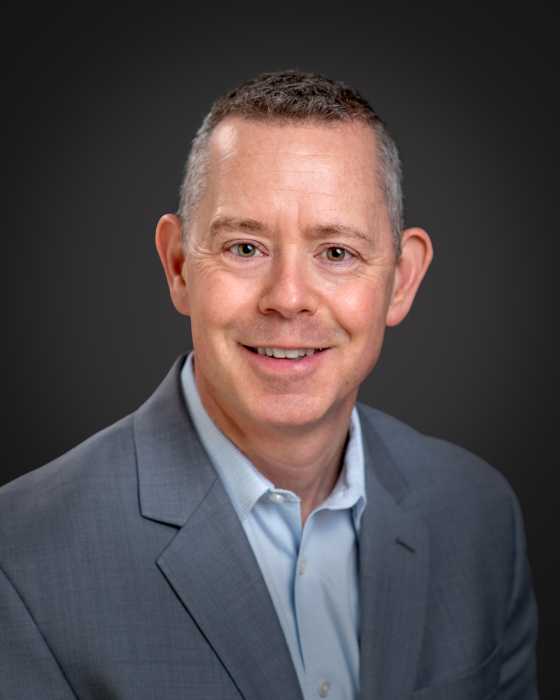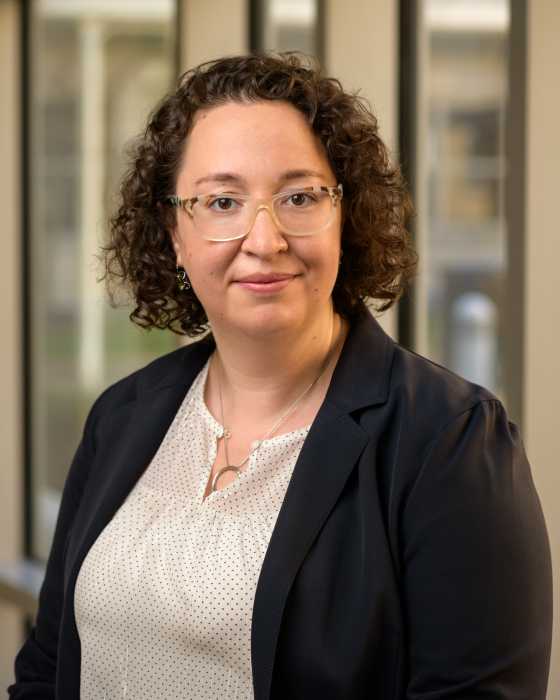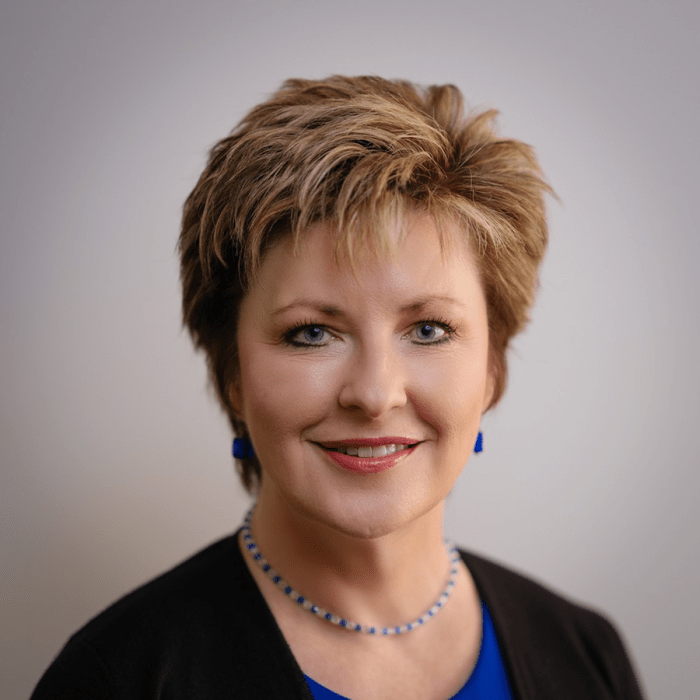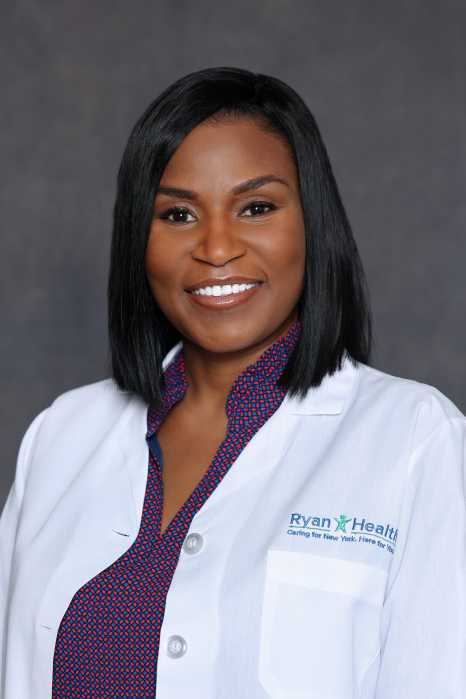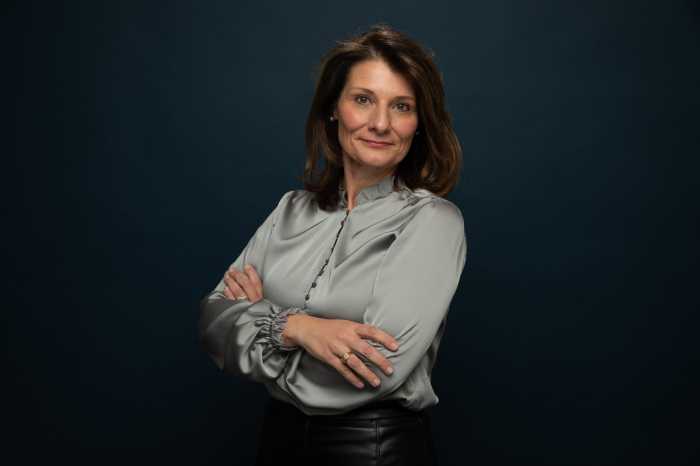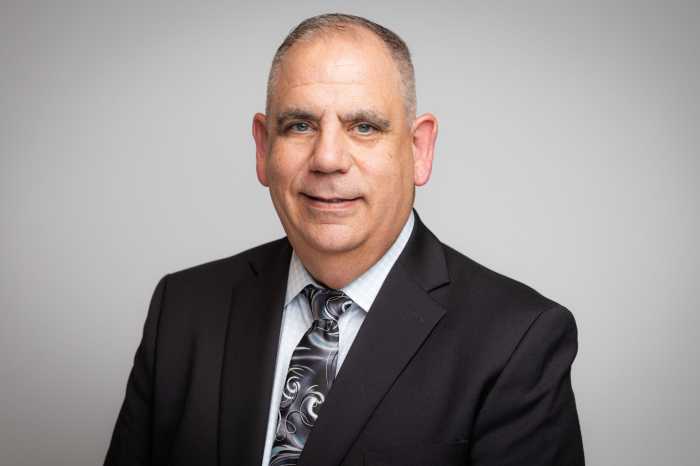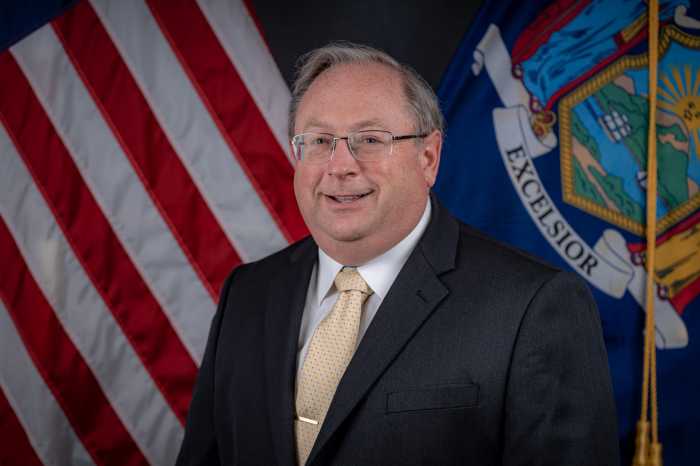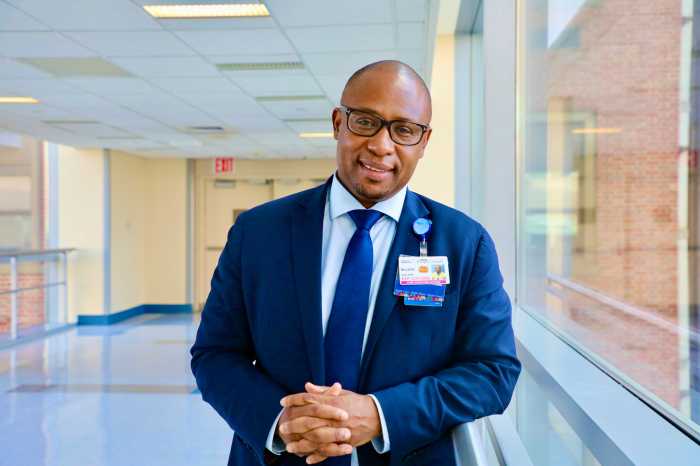Glenn Liebman has been the CEO of the Mental Health Association in New York State (MHANYS) for the past 20 years. MHANYS has worked to end the stigma of mental health issues including working with schools to mandate the teaching of mental health instruction. They have also been very involved with workforce advocacy including fighting for cost of living adjustments for the workforce and additional bonuses. They are also very involved with statewide training around family engagement and Mental Health First Aid.
What influenced you to pursue a career in the health care field?
I witnessed how people with mental health concerns were rarely treated with respect and often stigmatized or discriminated against. Also, their families were often unnecessarily blamed for their loved ones’ illnesses. I felt that for many years the system has betrayed individuals and their loved ones
What is the biggest challenge currently facing New York’s health care system?
While there are many struggles, workforce continues to be the top issue. It is very difficult to recruit and retain quality staff members. The vacancy and turnover rates in our field have reached a crisis level. Until we pay people commensurate with their responsibilities, we will keep losing quality staff. Governor Hochul has been a champion of mental health and we look forward to working with her on workforce issues.
How do you describe your position to people outside of the health care industry?
I work to help people with mental health issues recover and live productive lives in their communities and help support family members who have been ignored for many years. We work as agents of change to have health policy reflect the importance of mental health in the continuum of care
What can policymakers do to ensure equitable access to quality health care?
They should work with advocates to change the wage school for the behavioral health workforce. Ensure that there are yearly cost of living adjustments and bonuses in place for the workers in our field. Then, develop long term strategies to address the needs of our people including a $500 million investment in our workforce which is equivalent to the cost of living adjustments in statute that have been ignored for many years.


